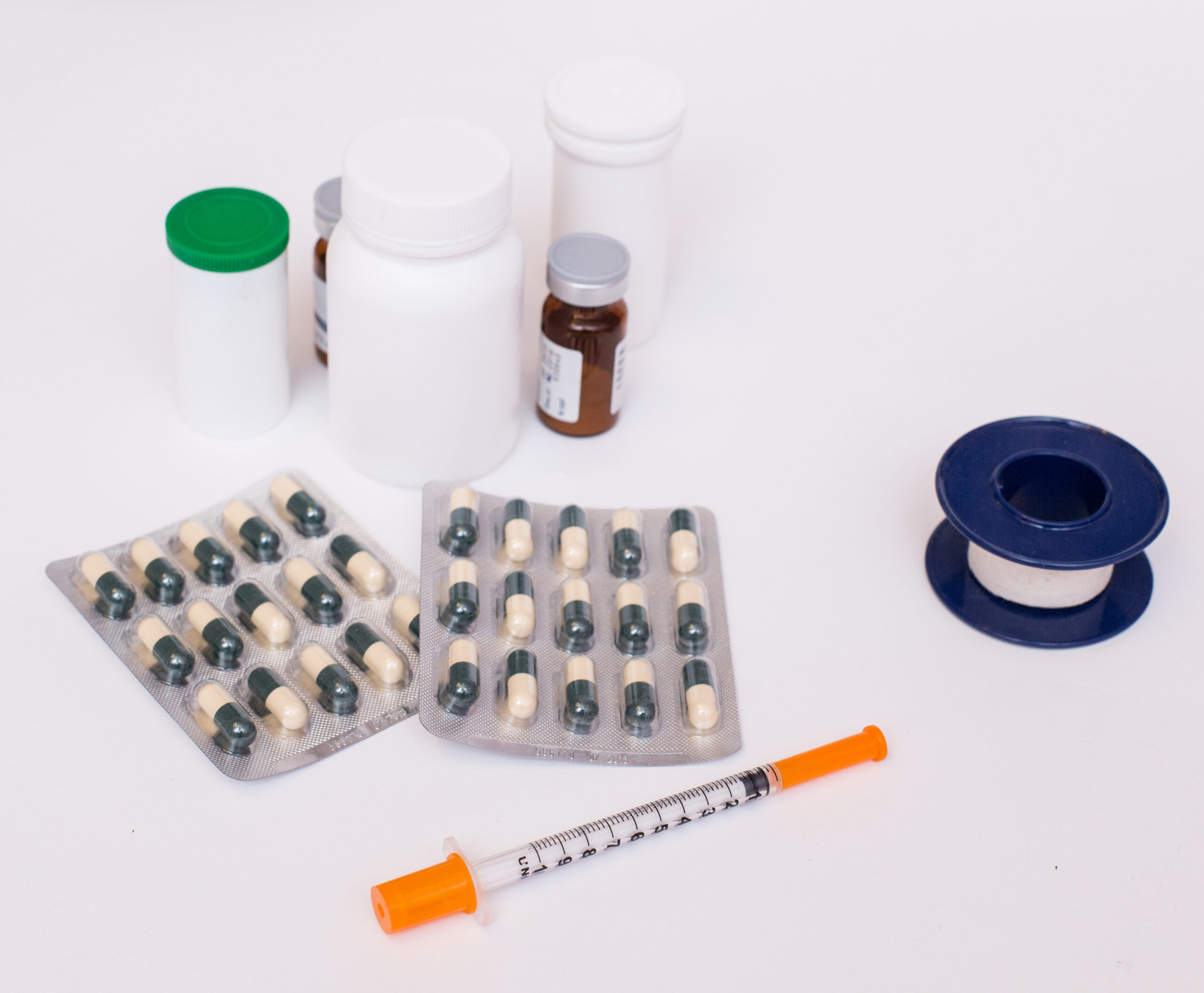The Role of Anti-Cancer Drugs in Preventing Recurrence
One of the biggest fears for cancer survivors is the possibility of recurrence. While the journey through diagnosis and treatment is physically and emotionally challenging, the lingering thought— “Will it come back?”—can feel just as overwhelming. But modern medicine is constantly evolving, and today, anti-cancer drugs are playing a vital role not just in treatment, but also in preventing recurrence.
Let’s break it down so you can better understand how these drugs work, why they’re prescribed after remission, and what it means for long-term cancer care.

Why Does Cancer Come Back?
Cancer recurrence happens when a small number of cancer cells survive initial treatment. These remaining cells may stay dormant for months—or even years—before they start growing again. Recurrence doesn’t mean your treatment failed. Rather, it’s a reminder that cancer is complex, and in some cases, ongoing treatment is necessary to keep it at bay.
There are three main types of recurrence:
- Local (at the same place it started)
- Regional (near the original site)
- Distant/metastatic (spread to other parts of the body)
Each type may call for a different strategy—and anti-cancer drugs often lie at the heart of these preventive measures.

What Are Anti-Cancer Drugs?
Anti-cancer drugs (also known as oncology medications or chemotherapeutic agents) include a variety of treatments designed to kill, slow, or stop the growth of cancer cells. These drugs come in many forms and target cancer in different ways.
The most common types include:
- Chemotherapy: Destroys rapidly dividing cells.
- Hormone therapy: Blocks hormones that fuel certain cancers like breast or prostate cancer.
- Targeted therapy: Attacks specific genes or proteins in cancer cells.
- Immunotherapy: Stimulates your immune system to fight cancer more effectively.
But beyond treating active disease, many of these drugs are now used post-treatment to reduce the chances of cancer returning.

How Do Anti-Cancer Drugs Prevent Recurrence?
- Adjuvant Therapy (After Primary Treatment)
Adjuvant therapy refers to additional drug treatment given after the main treatment (like surgery or radiation). The goal is simple: eliminate any remaining microscopic cancer cells that might cause a future relapse.
Example: A breast cancer patient might receive chemotherapy or hormone therapy for several months after surgery—even when no visible cancer remains.
- Maintenance Therapy (Keeping Cancer Dormant)
In some cancers (like certain types of leukemia or ovarian cancer), maintenance therapy involves lower-dose drugs given over a long period to keep the disease in remission.
This approach can significantly delay the return of cancer or even prevent it altogether in high-risk patients.
- Targeting Minimal Residual Disease (MRD)
Thanks to advanced diagnostics, doctors can now detect minimal residual disease—small traces of cancer left in the body post-treatment. Targeted therapies or immunotherapies are often used to destroy these tiny remnants before they grow into a full-blown recurrence.
What Are the Benefits and Risks?
Like any form of treatment, there are both advantages and side effects to consider.
Benefits:
- Significantly reduces the risk of recurrence
- Helps extend survival time
- Offers peace of mind during remission
- Often tailored to your cancer type and genetic profile
Risks:
- Side effects like fatigue, nausea, or low immunity
- Emotional toll of ongoing treatment
- Possibility of drug resistance over time
- Not always 100% effective in preventing recurrence
That’s why oncologists weigh the benefits vs. risks before recommending ongoing anti-cancer medication.
Personalised Medicine: The Future of Recurrence Prevention
One exciting shift in oncology is precision or personalised medicine. Thanks to genetic testing and molecular profiling, doctors can now customise drug therapies based on the exact nature of a patient’s cancer.
Instead of a one-size-fits-all approach, these targeted treatments offer higher effectiveness with fewer side effects, making them a promising tool in the fight against recurrence.

What Can You Do as a Patient?
While your medical team handles the science, there are steps you can take to stay proactive in your recovery:
- Stick to your treatment plan, even if you’re feeling better
- Attend regular follow-up appointments for blood tests or scans
- Speak up about side effects so your doctor can adjust medications
- Maintain a healthy lifestyle with proper nutrition, exercise, and stress management
- Stay informed—knowledge is power in cancer care

Final Thoughts
Cancer may have interrupted your life, but with today’s advancements in medicine, you have better chances than ever at keeping it away for good. Anti-cancer drugs are no longer just about fighting an active disease—they’re your armour in the battle for long-term health.
Whether you’re recently in remission or supporting a loved one, understanding the role of these drugs can help you make informed decisions about the future.
Curious about unusual signs of breast cancer or how skin conditions might be related? Read our article on skin cancer on the breast and its link to breast cancer symptoms.
Looking for trusted anti-cancer medications?
Browse our carefully curated range of oncology medicines tailored to various cancer types and stages.

